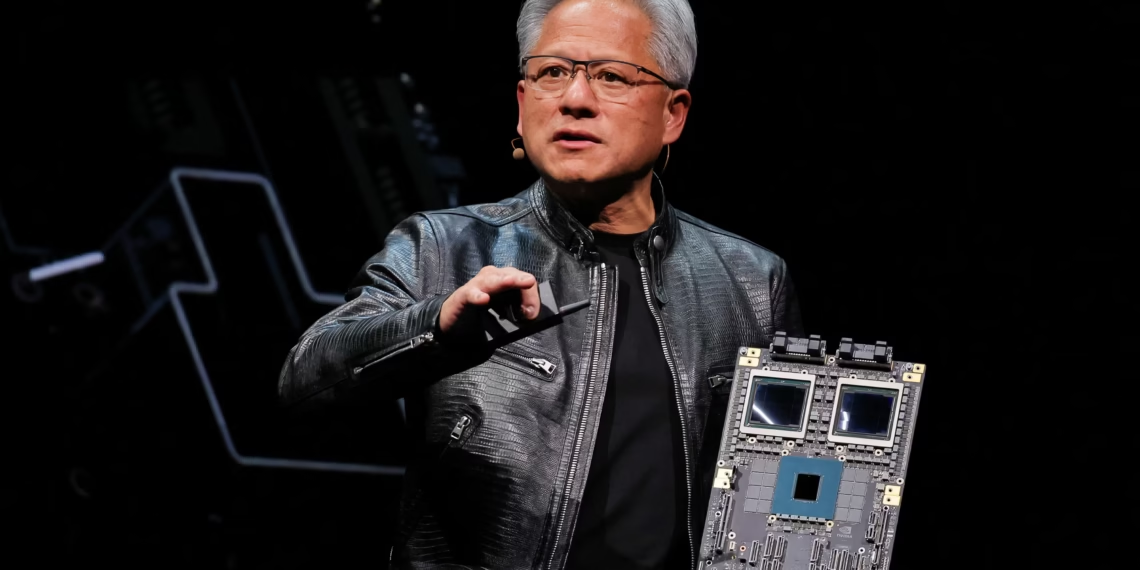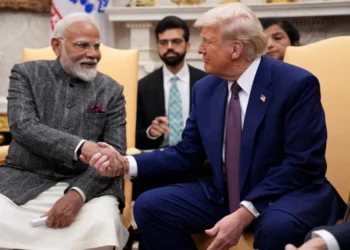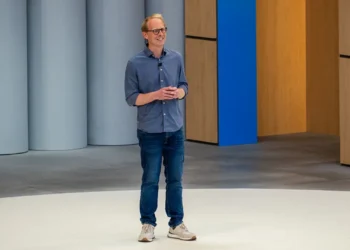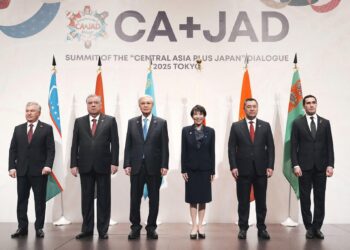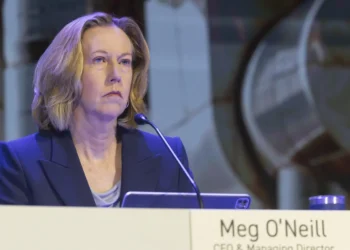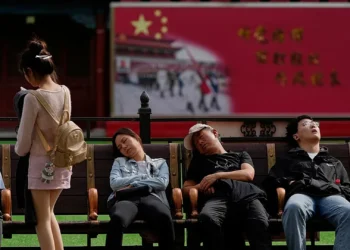SAN FRANCISCO (Realist English). Nvidia chief executive Jensen Huang has warned that China is likely to surpass the United States in artificial intelligence development, citing lower energy costs and a more permissive regulatory environment as key advantages.
In his strongest remarks yet, Huang told the Financial Times: “China is going to win the AI race.” His comments came shortly after U.S. President Donald Trump reaffirmed a ban preventing Nvidia from selling its most advanced Blackwell AI chips to China following a meeting with Chinese leader Xi Jinping.
Speaking at the Financial Times Future of AI Summit, Huang criticized the West’s approach to innovation, saying the U.S. and U.K. were “held back by cynicism” and overregulation. “We need more optimism,” he added. He contrasted the fragmented regulatory landscape in the U.S., where “50 new AI rules” could emerge from individual states, with China’s state-backed energy subsidies that make running large AI data centers significantly cheaper. “In China, power is free,” Huang said.
According to the FT, Beijing has ramped up energy incentives for major tech companies, including ByteDance, Alibaba and Tencent, after they complained about the high cost of using domestically produced semiconductors from Huawei and Cambricon—chips that are less energy-efficient than Nvidia’s.
Huang has long cautioned that American AI models are only marginally ahead of Chinese rivals, urging Washington to relax restrictions to maintain global dependence on U.S. technology.
However, Trump reiterated last week that China would not gain access to Nvidia’s most advanced chips, telling CBS:
“The most advanced, we will not let anybody have them other than the United States. We’ll let them deal with Nvidia, but not in terms of the most advanced.”
The remarks came as Nvidia’s market capitalization crossed the $5 trillion mark for the first time, driven partly by optimism following Trump’s suggestion that he might negotiate a limited deal to allow downgraded versions of Blackwell chips for the Chinese market.
Tensions over AI dominance have intensified since Chinese start-up DeepSeek shocked the global tech community in January with a large language model that rivaled the performance of systems from U.S. companies OpenAI and Anthropic.
Washington’s escalating export controls and Beijing’s growing domestic AI ecosystem have turned the Nvidia chips into a symbol of strategic competition between the world’s two largest economies — a race that Huang now warns the U.S. could lose.


